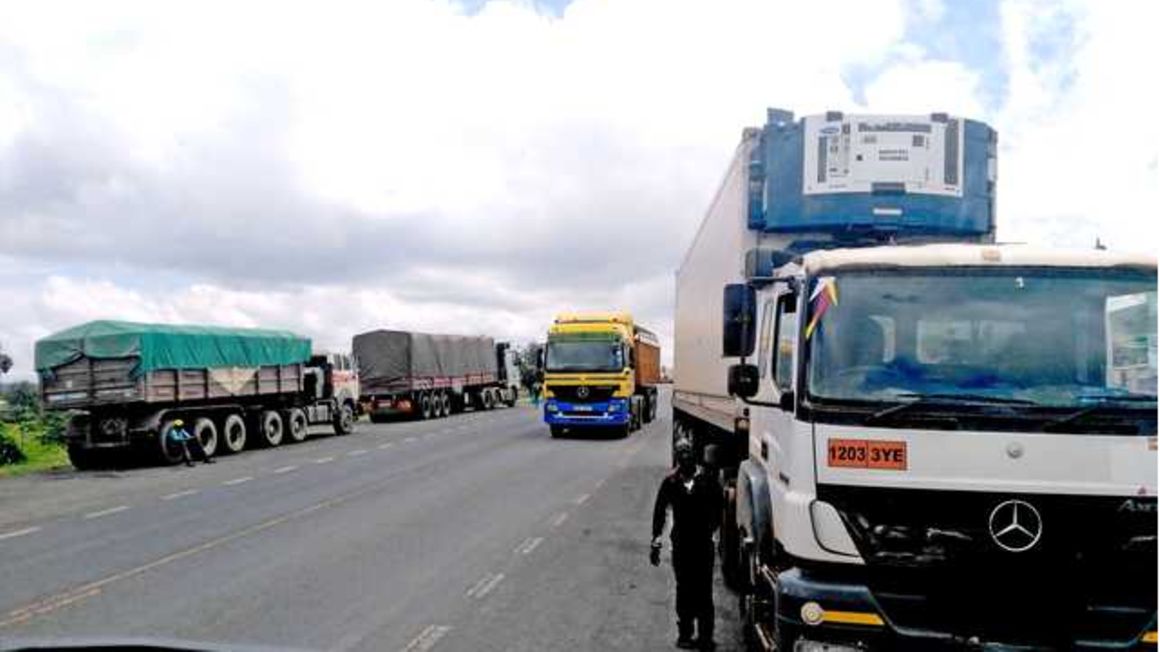Regional
When Rwanda asked US to back off, respect its sovereignty
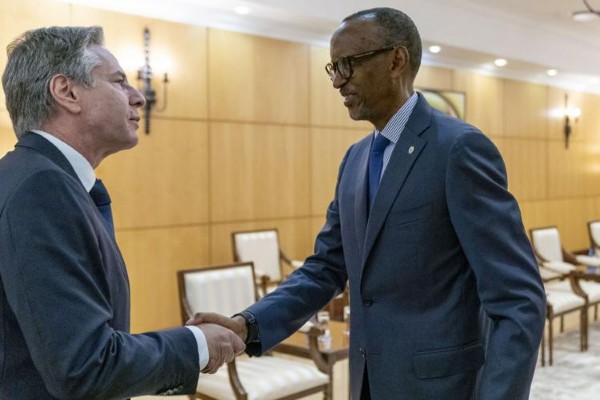
Long
before US Secretary of State Anthony Blinken’s plane landed in Kigali for his
August 10-11 visit, too much noise was made about his intended “pressure” as
regards Rwanda’s alleged involvement in the conflict in eastern DRC and the
“unfair detention” of Washington's “hero,” Paul Rusesabagina.
Rusesabagina,
a ‘hero’ manufactured in Hollywood through the movie, Hotel Rwanda, founded the National Liberation Front (FLN), a terrorist
organization that served as an armed wing of his Rwandan Movement for
Democratic Change (MRDC).
In 2018, on three different occasions, his militias carried out
violent attacks inside Rwanda, killing nine civilians, injuring several, and
destroying properties. Rusesabagina made several statements celebrating these
criminal acts and claiming responsibility. On many occasions, he publicly
announced his support to the National Liberation Front. In early 2019, in a
video available online, Rusesabagina reaffirmed his allegiance to his criminal
group, declared war against Rwanda, and called for recruitment and mobilization
of combatants.
In September 2021, a court in Kigali handed him
a 25-year sentence for terrorism.
His
lobbyists – including senior US officials like Blinken – will not blink but continue
to cry foul. In the past, information provided by the FBI
and Belgian Prosecution to Rwandan authorities revealed that he supported the
DRC-based terrorists who committed the 1994 genocide against the Tutsi in
Rwanda and are now behind the rise of a deadly genocide ideology in the region.
Before
Blinken arrived in Rwanda, his government issued a statement saying he “will
also raise democracy and human rights concerns, including transnational
repression, limiting space for dissident and political opposition.”
The
term “transnational repression” is a new paradigm invented by the global north
to besmirch what they call “regimes” in the south that don’t toe their
ideological line.
The
family of Rusesabagina and its lobbies, and supportive organisations such as
Human Rights Watch (HRW), the Lantos Foundation, as well believed that Blinken
would arm-twist Rwandan President Paul Kagame to release the terror kingpin.
Tom
Zoellner, a confident of Rusesabagina tweeted: “Please, @SecBlinken ask Kagame
to let Rusesabagina hitch a ride back with you and make it a condition of
further US help.”
Zoellner
co-edited Rusesabagina’s biography “An ordinary man.” Zoellner is a staunch
denier of the 1994 genocide against the Tutsi. Rusesabagina’s stepdaughters, Carine
and Anaise Kanimba, were in ebullient mood because they thought the Rwandan
government would cave in and release their father.
Anaise
tweeted to express her hope that Rusesabagina would be freed. She wrote: “After
advocating tirelessly for more than 700 days, we are grateful that
#FreeRusesasabagina case is receiving attention at the highest level. If the
US-Rwanda relations are a strong enough trusted cooperation, then it is strong
enough to secure my father release.”
Others
who thought that Blinken would succeed in having Rusesabagina released include
HRW and the Lantos Foundation.
What
do all these people and organisations calling for the freeing of Rusesabagina
have in common? They show no sympathy to the victims and survivors of his
MRCD/FLN terror attacks.
But
those who were clamouring for Blinken to exert pressure on Kagame got a quick
response before they even met. On Twitter, Kagame reassured Rwandans.
His
tweet read: “No worries…there are things that don’t work like that here.”
During
a joint press conference with Blinken, Rwandan Foreign Minister, Dr Vincent
Biruta, didn’t mince words as regards his position on Rwanda’s sovereignty and
integrity.
“As
far as the government of Rwanda is concerned, Paul Rusesabagina is a Rwandan
citizen. He was arrested, he was tried with 20 other accomplices for serious
crimes they committed against Rwandan citizens …(he committed) them while
residing in the United States.”
“This
was done lawfully, under both Rwandan and international laws,” Biruta told
reporters. “Therefore, Rwanda will continue to abide by our rules and the
decisions made by our judiciary, and we would request our partners to respect
Rwanda’s sovereignty and its laws, its institutions.”
Just
like former Rwandan Prosecutor General, Martin Ngoga, recently revealed, Rusesabagina’s
case and the way it ended was a product of many years of judicial cooperation
among several countries including the US and Belgium, and was “not simply a
single incident” that happened and led to the conviction, contrary to what is
being portrayed out there.
Ngoga
detailed events including knowledge of, back in 2010, transfer of funds that
Rusesabagina effected from San Antonio in Texas.
Ngoga
who travelled to Washington and sought the services of an international law
firm to help him secure an appointment with senior officials of the Federal
Bureau of Investigation (FBI) – whom he met and shared the evidence he had –
was surprised to find out that the FBI actually had more evidence pinning
Rusesabagina.
Blinken
knows that too.
So, before
his trip, when it was reported that Blinken’s agenda in Kigali would be the
conflict in the DRC and a meeting where he would “press” the Rwandan President
to release Rusesabagina, Washington’s long-term sinister agenda had actually
come to light.
Let no
one be fooled. The FBI will not divulge what it knows about Rusesabagina’s
terrorism. The masters of the FBI have long held another important plan. It
started when they propped Rusesabagina up. Everything was planned well ahead of
time.
Problem
is, Rwanda will not take it. The US will mount pressure for its ‘hero’ to be
set free. But Rwandan law does not condone terrorism.


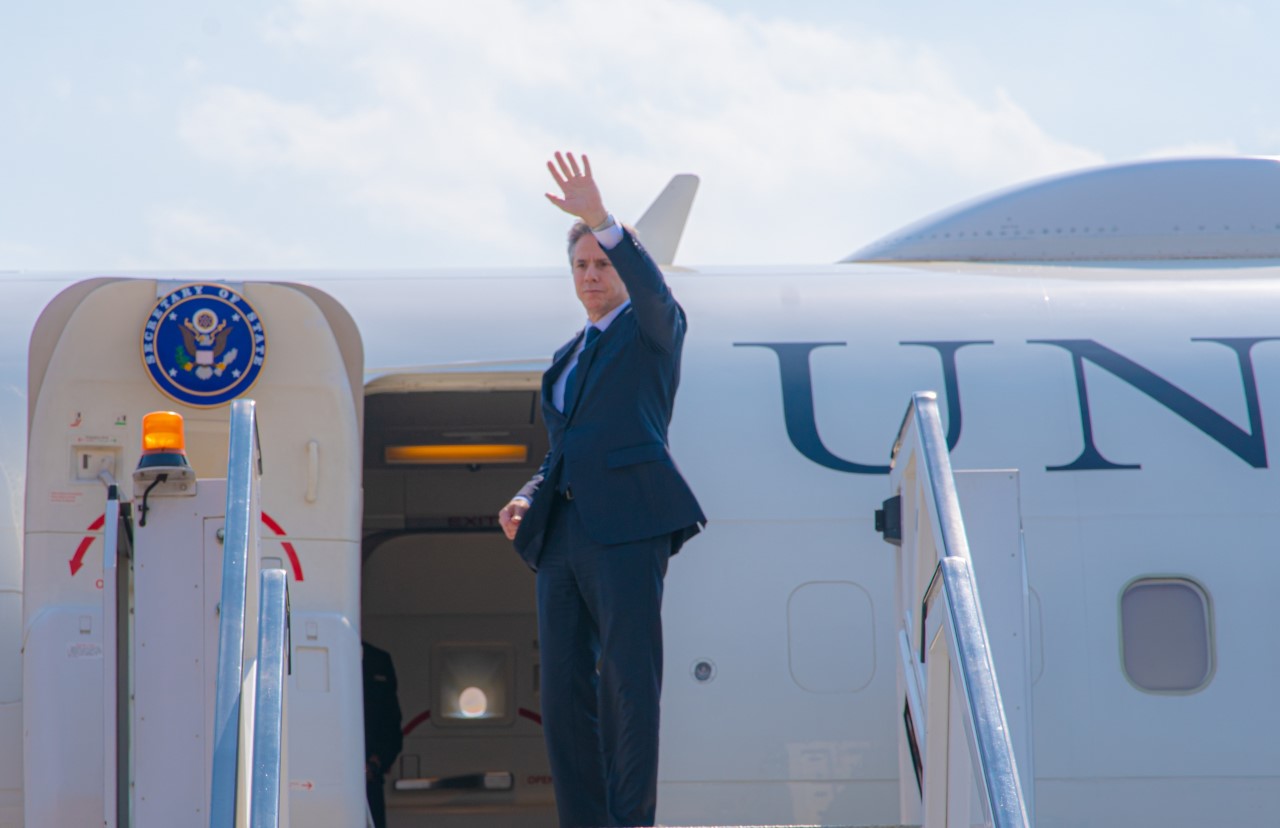
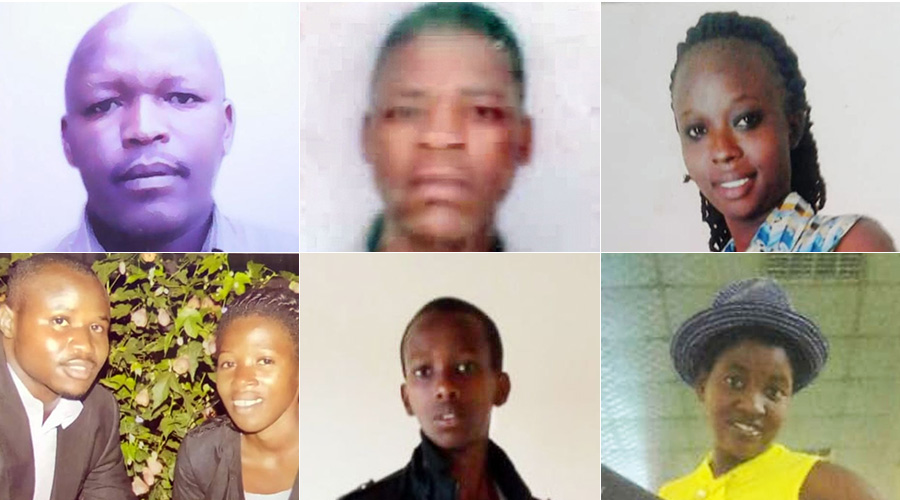
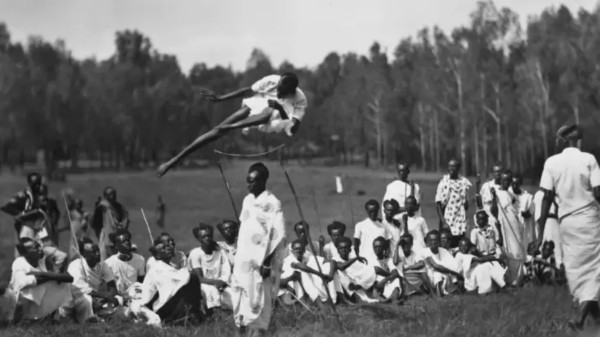
.jpg-20220801073228000000.jpg)
